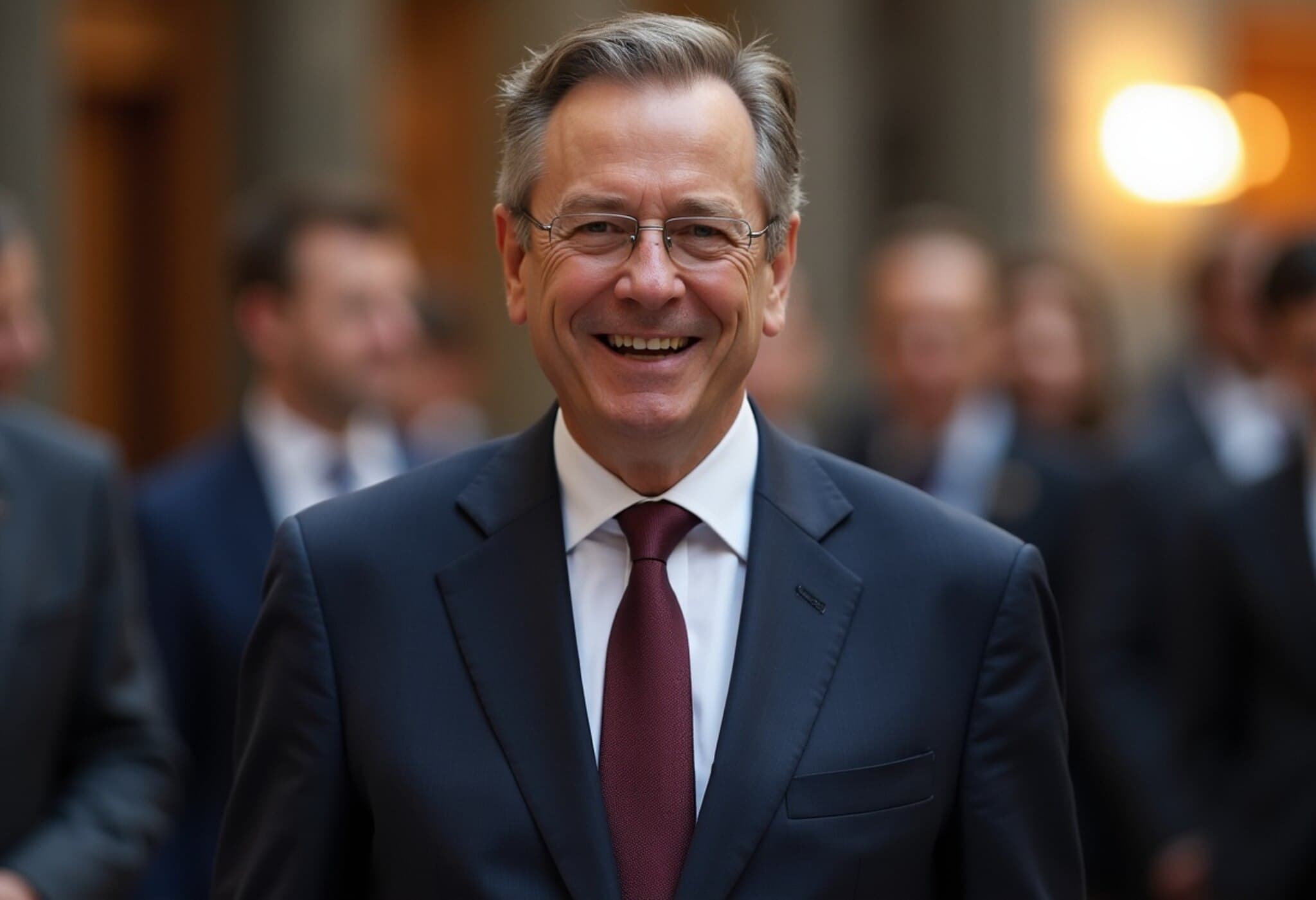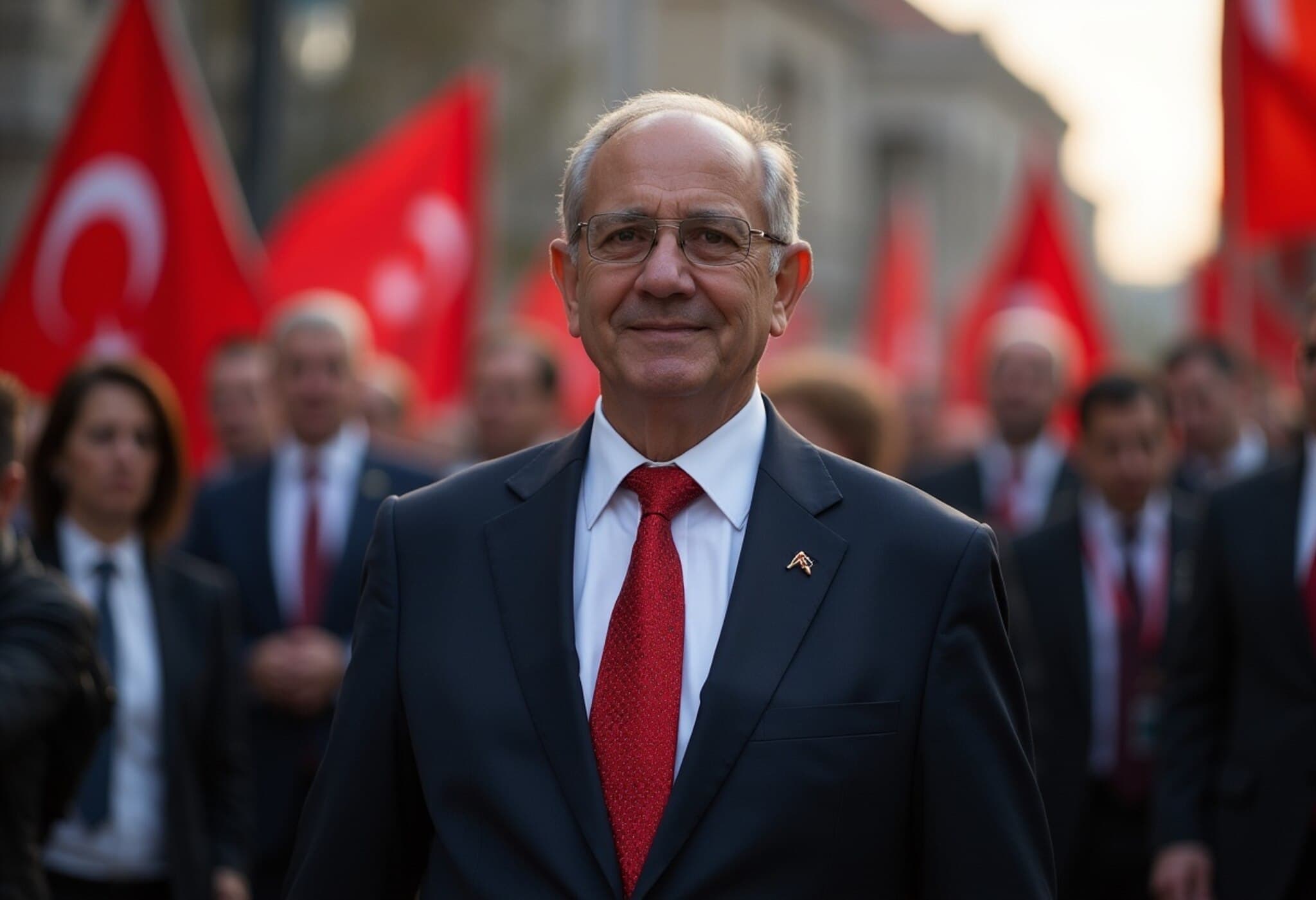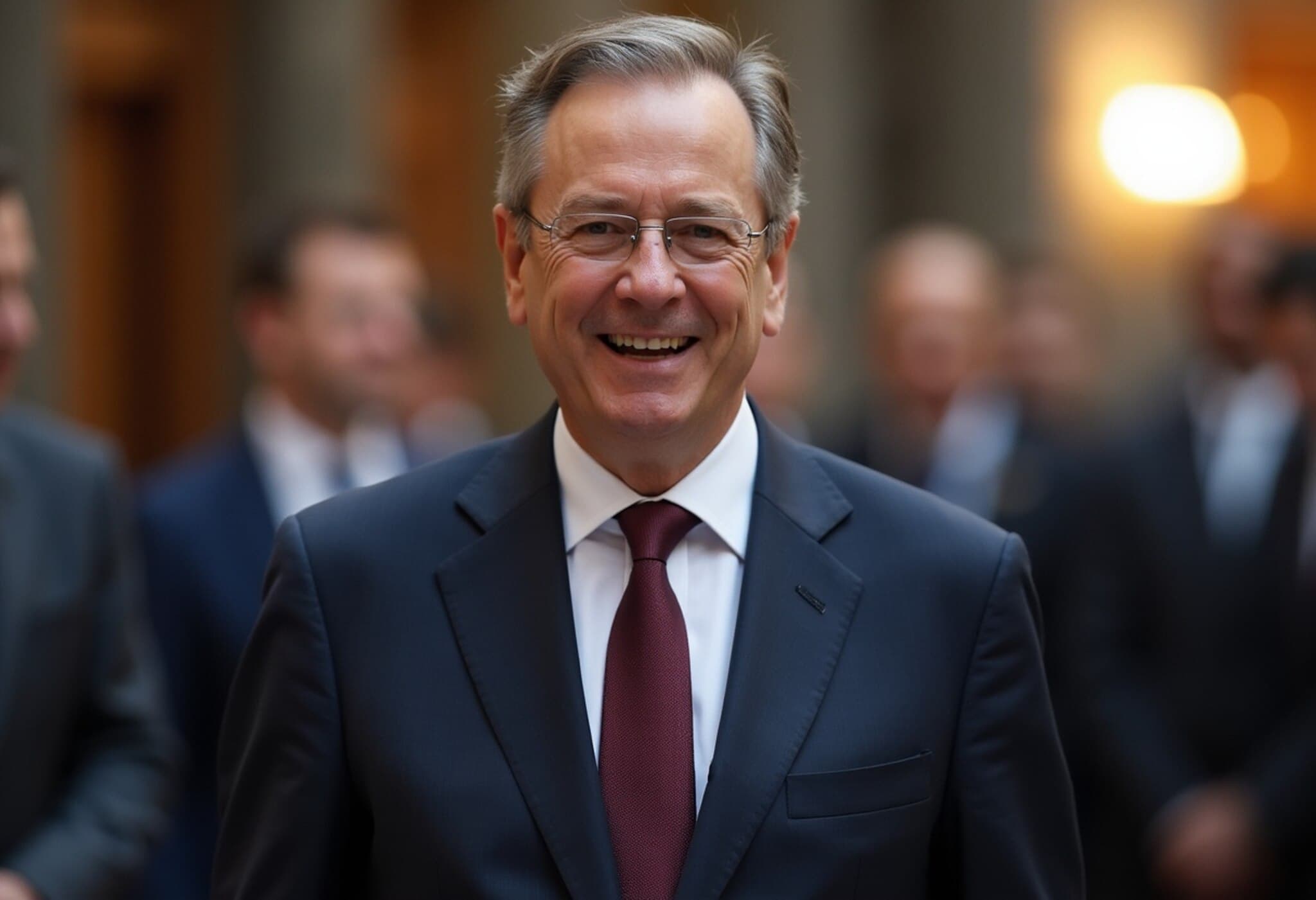Donald Tusk's Coalition Survives Vote of Confidence
Poland’s Prime Minister Donald Tusk successfully won a crucial vote of confidence in the lower house of parliament, reassuring his government’s stability after a challenging presidential election result. Despite the recent defeat of his Civic Coalition’s candidate, Rafal Trzaskowski, to nationalist contender Karol Nawrocki on June 1, Tusk’s broad coalition holds a solid majority with 242 of 460 Sejm seats, making the survival of his cabinet expected.
Election Loss Raises Questions but Sparks New Resolve
The presidential election outcome has rattled coalition partners and fueled speculation about the government's future under a president opposed to Tusk’s agenda. Nawrocki's victory empowers a nationalist presidency capable of exercising veto powers, potentially stalling government reforms.
Addressing parliament ahead of the vote, Tusk acknowledged the hurdles: "I needed this vote because we were seeing... speculation that this government will not make it, that Tusk may be taken down, and you cannot work under such conditions." Yet, he emphasized the ongoing work ahead: "We need to do much more to regain voters’ confidence."
Key Achievements and Challenges Highlighted
During the debate, Tusk pointed to significant strides his government has made since taking office in December 2023. Notable successes include increased defense spending and tightened visa issuance policies for migrants. The government also remains steadfast in its efforts to reverse controversial judicial reforms enacted by the previous Law and Justice party (PiS), reforms criticized by the European Union for undermining judicial independence.
However, Tusk faces continued opposition, notably from outgoing President Andrzej Duda, a PiS ally who has blocked attempts to revert those judicial changes.
Public Disillusionment and Political Maneuvering
Many Polish voters remain frustrated by the government’s slow progress on promised reforms such as liberalizing abortion laws, reforming the judiciary, and raising the income tax threshold. The president-elect Nawrocki has openly pledged to take steps the government lagged on, including raising the tax-allowance threshold—even offering to submit such legislation himself if the government fails to act.
In a pointed remark, Nawrocki quipped that he would accomplish some of the 100 promises the government made early on, apparently as a challenge to Tusk’s administration.
Looking Ahead: Government Reshuffle and Coalition Talks
Despite the setback, Tusk is positioning the confidence vote as a fresh start for his nearly 18-month-old government. He declared the day as one of "new momentum" and urged coalition members to rise to the occasion. Plans for a government reshuffle are expected soon, possibly in July, with coalition partners bracing for renegotiations of their agreement—an endeavor that could intensify internal tensions.
Opposition Reaction and Political Unrest
The ruling PiS party has seized on the turmoil to push its agenda. Party leader Jaroslaw Kaczynski suggested forming a "technical government" of experts to stabilize the country. Meanwhile, former justice minister Zbigniew Ziobro bluntly pronounced the defeat as marking "the end of Donald Tusk," signaling fierce opposition ahead.
Conclusion
Though recent political blows have tested Tusk’s leadership, the vote of confidence has bought his coalition critical breathing room. Yet, the road to regaining public trust and pushing through reforms remains steep, with tensions both within the coalition and from opposition forces set to shape Poland’s political landscape in the months to come.












